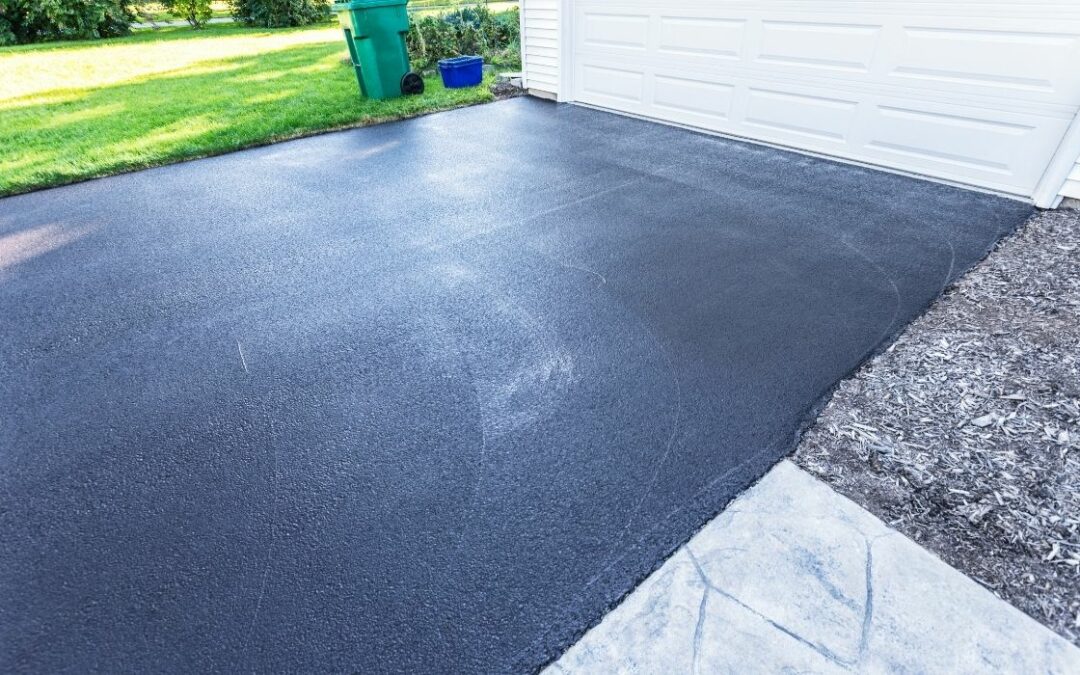Cold Mix Asphalt Vs. Hot Mix Asphalt: Which Is Right for You?

Structure Distinctions
Cold mix asphalt is created by emulsifying the asphalt binder with water and an emulsifying representative prior to blending it with accumulation. The warm mix asphalt production process involves heating the accumulation and asphalt binder individually prior to integrating them at the asphalt plant.
Additionally, cool mix asphalt often tends to be less dense and a lot more flexible than warm mix asphalt. This versatility makes it better fit for locations with higher levels of motion, such as driveways or roads with rush hour. On the other hand, hot mix asphalt is known for its high sturdiness and resistance to rutting and fracturing, making it a favored option for highways and high-traffic roadways where durability is essential.
Installment Refine Variations
The procedure of mounting cool mix and hot mix asphalt displays remarkable variations in their needs and procedures. In contrast, hot mix asphalt demands an extra intricate setup process. Due to the home heating needs, hot mix asphalt installments are commonly carried out by specialists with specific equipment, making certain a much more irreversible and structurally audio outcome.
Longevity and Longevity Variables
When considering asphalt alternatives, durability and long life are vital factors to evaluate for enduring pavement efficiency. Hot mix asphalt (HMA) is known for its remarkable toughness and longevity.
In terms of long life, HMA usually exceeds CMA as a result of its superior strength and resistance residential or commercial properties. HMA pavements have a longer service life, needing less frequent repairs and upkeep, which can equate to set you back savings in the long run. In addition, HMA sidewalks are much more conveniently customizable to satisfy particular job requirements, further improving their longevity.
Expense Considerations
Considering the economic ramifications is an important aspect when assessing the option between hot mix asphalt (HMA) and chilly mix asphalt (CMA) for pavement tasks. While the initial price of hot mix asphalt is normally higher than that of cold mix asphalt, HMA often supplies an extra cost-effective remedy over time as a result of its superior resilience and longevity. HMA is understood for its capability to stand up to hefty web traffic tons and rough climate condition, minimizing the demand for regular repair services and maintenance. On the other hand, chilly mix asphalt is much more economical upfront but might need even more regular patching and resurfacing, bring about higher maintenance expenses over time.
Along with product costs, it's important to take into consideration the expenditures associated with installation and maintenance when contrasting HMA and CMA. HMA normally calls for specific devices and experienced labor for proper setup, which can impact general job expenses. On the other hand, CMA is much easier to deal with and can often be used using simpler strategies, possibly lowering installment costs. Eventually, the choice between HMA and CMA must take right into account not just the first price however additionally the long-term financial effects to establish one of the look these up most affordable choice for the details sidewalk job.
Environmental Impact Comparison
Comparison of the ecological effects in between warm mix asphalt (HMA) and cool mix asphalt (CMA) exposes distinctive differences in sustainability techniques. HMA manufacturing needs Visit Your URL high temperatures, leading to raised power consumption and greenhouse gas emissions.
In addition, the usage of CMA commonly includes reusing existing asphalt sidewalk, promoting source preservation and decreasing the quantity of waste sent out to garbage dumps. By opting for CMA over HMA, road building and construction tasks can add favorably to ecological conservation initiatives.
Conclusion
In final thought, the option between cool mix asphalt (CMA) and hot mix asphalt (HMA) relies on various factors such as make-up, installment procedure, sturdiness, long life, expense, and environmental influence. asphalt patch repair. While CMA offers a fast and economical solution for minor fixings, HMA guarantees exceptional sturdiness and long life for hefty web traffic locations. Consider these elements thoroughly to figure out which kind of asphalt is the right option for your paving requires

Taking into consideration the economic effects is an important facet when examining the selection in between warm mix asphalt (HMA) and here are the findings cold mix asphalt (CMA) for pavement projects. While the preliminary cost of hot mix asphalt is usually greater than that of cold mix asphalt, HMA often offers a more cost-effective service in the lengthy run due to its remarkable toughness and longevity. angle parking.Comparison of the ecological impacts between hot mix asphalt (HMA) and cool mix asphalt (CMA) exposes unique distinctions in sustainability techniques.In verdict, the selection between cold mix asphalt (CMA) and hot mix asphalt (HMA) depends on various aspects such as structure, installation procedure, durability, durability, expense, and ecological influence